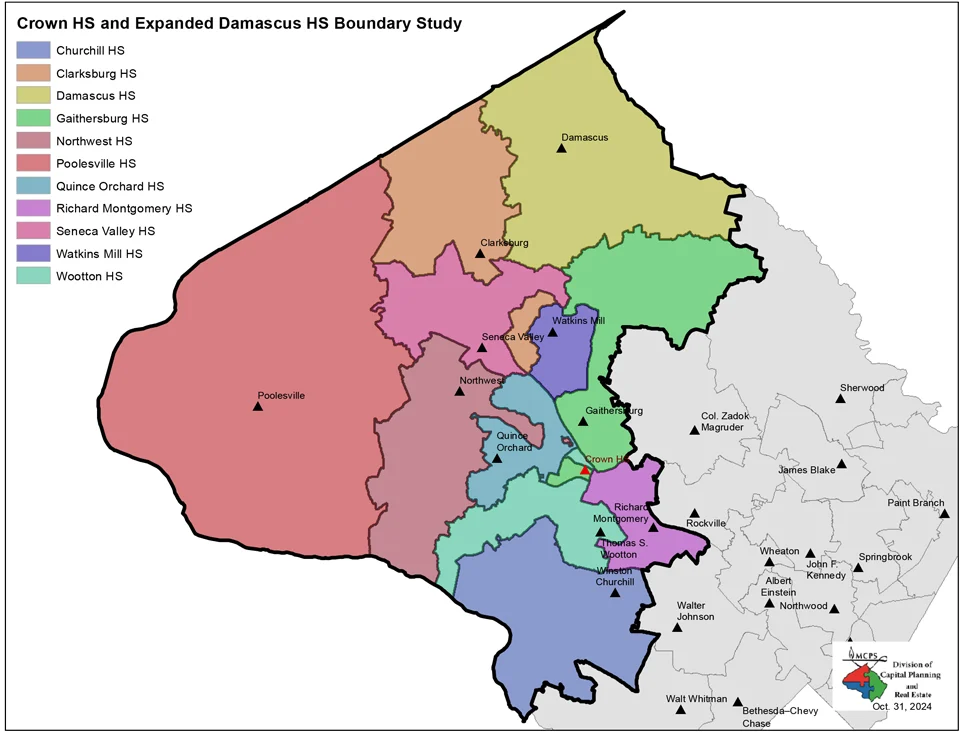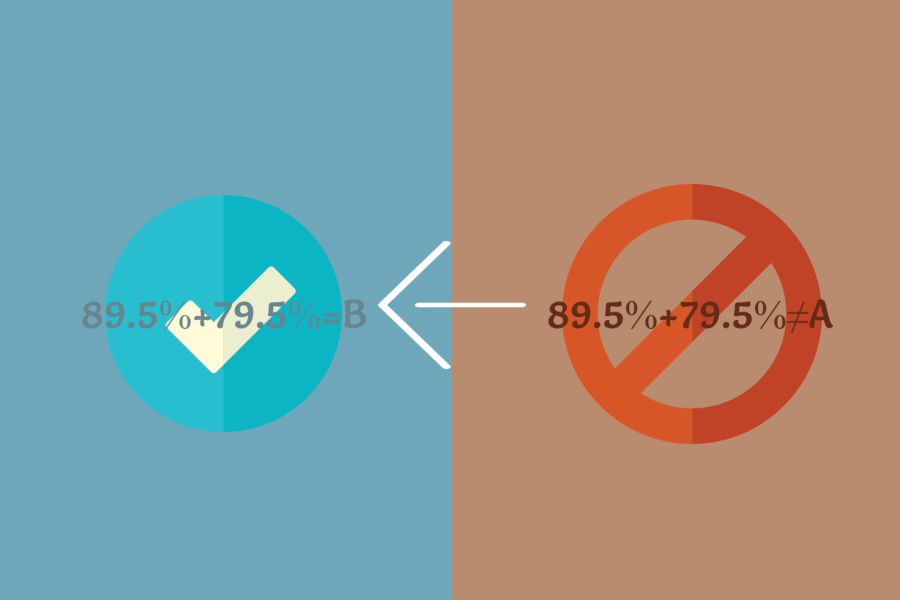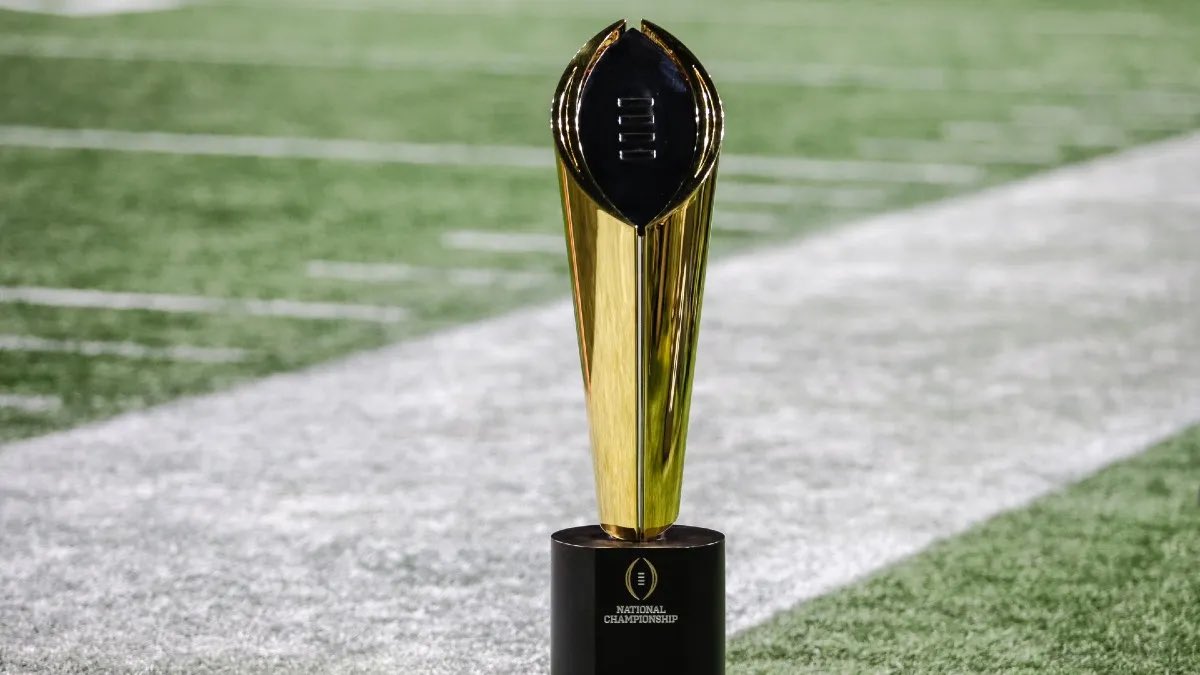On Oct. 25, 2023, Maryland Senator Malcolm Augustine (D-MD) proposed a statewide bill to guarantee students in the top 10% of their high school class admissions to the University System of Maryland, Morgan State University and St. Mary’s College of Maryland. Augustine’s proposed bill would include students from both public and private schools. If passed, it would go into effect July 1, 2024.
The bill is modeled after a similar legislation regarding admission passed in Texas in 1997, and follows a ruling by the U.S. Supreme Court on June 23, 2023, which determined that the use of affirmative action in college admissions at Harvard University and the University of North Carolina at Chapel Hill violated the Equal Protection Clause of the 14th Amendment. The decision significantly diminished the effect of race as a factor in the higher education selection process.
According to the fiscal note accompanying the proposed bill, no state law targeting admission standards for institutions exists. However, schools are prohibited from discriminating against prospective students based on characteristics such as race, sexual orientation, religion and others when considering admission.
If passed, the bill will guarantee qualified student admissions into the following universities: The University of Maryland, Baltimore Campus and College Park Campus; University of Maryland Baltimore County; University of Maryland Eastern Shore; University of Maryland, Global Campus; Bowie State University; Coppin State University; Frostburg State University; Salisbury University; Towson University; The University of Baltimore, Morgan State University and St. Mary’s College.
Some states participating in similar legislation require minimum ACT and SAT scores; Maryland has announced that it will mandate an ACT and SAT score if required by the institution. If passed, the bill will guarantee admission to approximately 6,500 Maryland high school students.
Senior Rory Marlin said she supports the proposed bill because of the benefits that similar laws have had on other states.
“The schools that do this get more money put towards their academics, so they’ve climbed up academic rankings. I think that it would be interesting because places like that are becoming more competitive and will become even more competitive,” Marlin said. “ I honestly think it might make some of the schools in the area better.”
There is mounting concern following the bill, as MCPS and some other Maryland high schools no longer provide class rank.
MCPS Board of Education members prohibited class rankings for the class of 2019, citing concerns that students might focus too much on their rank and be deterred from taking electives like fine arts or technical education classes. Board members were also concerned that ranking put unnecessary pressure on students and noted that far fewer colleges in the past years looked at class rank when deciding whether to accept a student or not.
Texas, a participating state, legally requires high schools to rank and publish the top 10% of student rankings of each graduating class, following the creation of the bill. If the bill becomes law in Maryland, the same may be required from MCPS.
Junior Caleb Chen is concerned that the rankings may negatively affect the mental health of Whitman students.
“I think that’s gonna put a lot more pressure on kids and make them feel a lot more stressed out about their class rank,” Chen said. “ I think the bill has its advantages, but I don’t personally like it because I don’t like the fact that your class rank is published, and it would get too competitive.”

















